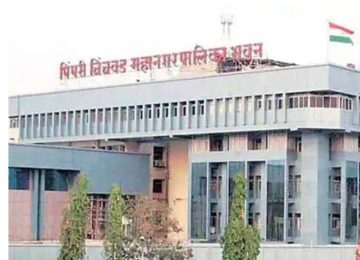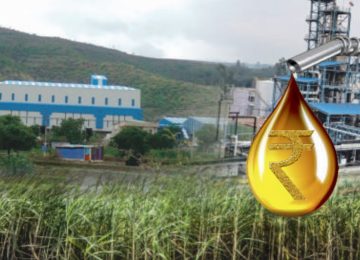The U.S. Department of Energy (DOE) has announced its intent to issue notices of funding opportunities totaling nearly $1 billion to strengthen the nation’s critical minerals and materials supply chain.
The funding aims to boost domestic mining, processing, and manufacturing, thereby reducing the country’s reliance on foreign sources for these essential resources.
The initiative is a direct result of President Trump’s Executive Order on “Unleashing American Energy.” According to the DOE, a more secure, predictable, and affordable supply of critical minerals and materials is foundational to American energy dominance, national security, and industrial competitiveness. “For too long, the United States has relied on foreign actors,” said U.S. Secretary of Energy Chris Wright. “Thanks to President Trump’s leadership, the Energy Department will
play a leading role in reshoring the processing of critical materials and expanding our domestic supply of these
indispensable resources.”
The proposed funding will be distributed across several key programs to accelerate the growth of the U.S. critical
minerals sector:
Critical Minerals and Materials Accelerator: Up to $50 million is expected to be released to mature technologies that can unlock capital investments. The funding will support processes in the rare-earth magnet supply chain, technologies for refining gallium, germanium, and silicon carbide for semiconductors, and cost-competitive methods for direct lithium extraction.
Mines & Metals Capacity Expansion: Approximately $250 million will support American industrial facilities in recovering valuable mineral byproducts from existing processes. This funding is designed to derisk the technical and financial uncertainties of new technologies by piloting them at an industrial scale.
Rare Earth Elements Demonstration Facility: A NOFO of up to $135 million will be issued to enhance domestic supply chains for rare earth elements (REEs). The goal is to demonstrate the commercial viability of recovering REEs from domestic mine tailings and waste streams. An academic partner is a required part of the project team, and recipients must provide at least a 50% cost share.
Battery Materials Processing: Up to $500 million will be available for expanding U.S. critical mineral processing, battery manufacturing, and recycling. This funding will support facilities handling traditional battery minerals like lithium, graphite, nickel, and copper, as well as other minerals found in commercial batteries, such as rare earth elements. This award also requires a minimum 50% cost share.
Additionally, the Advanced Research Projects Agency-Energy (ARPA-E) is planning to announce project selections for its $40 million RECOVER program, which aims to develop technologies to extract critical minerals from industrial wastewater—a significant, untapped domestic supply.












